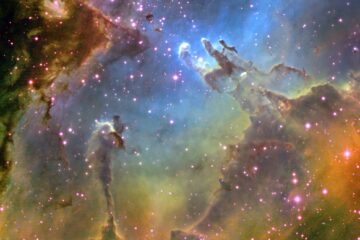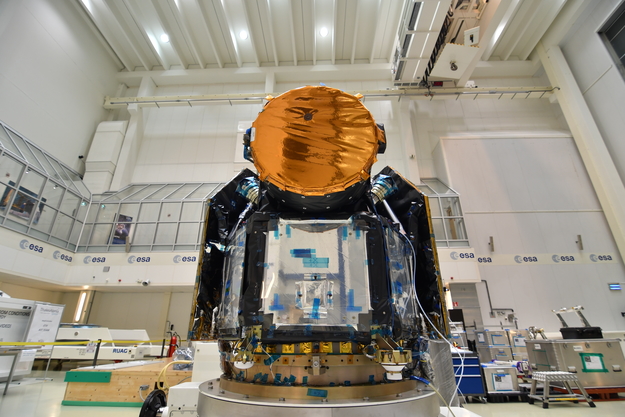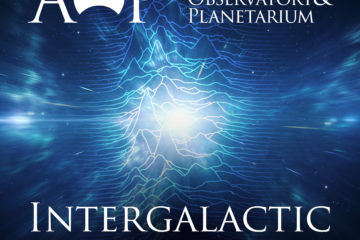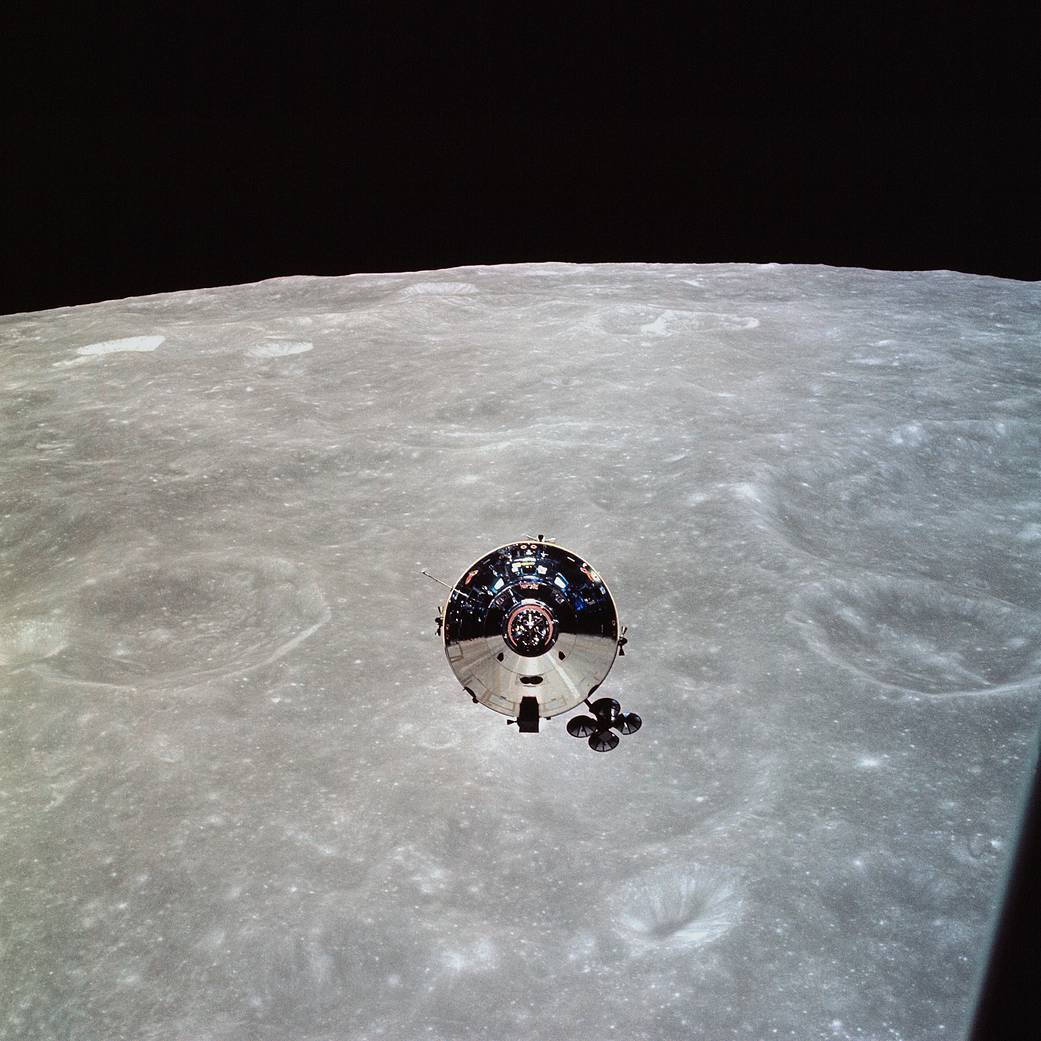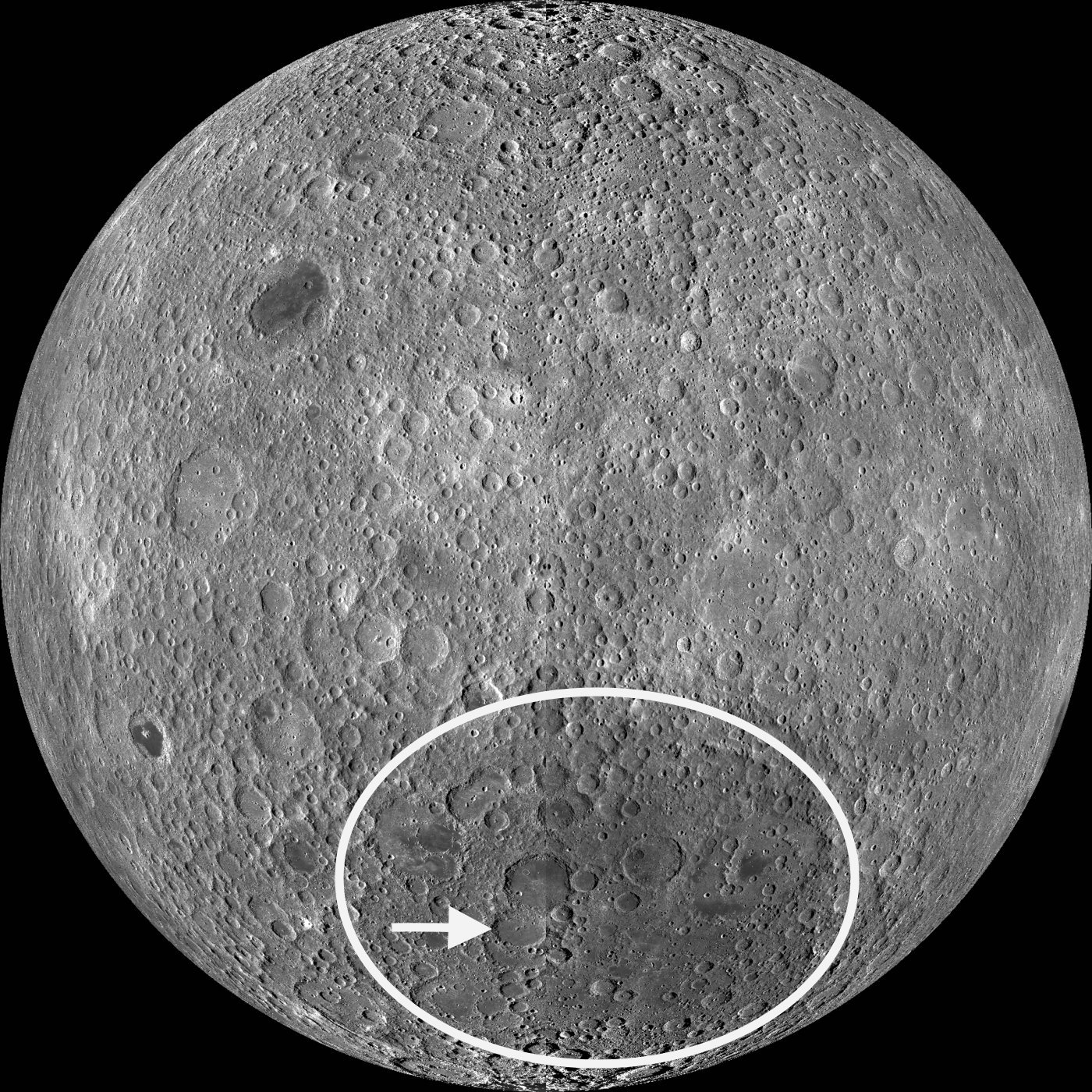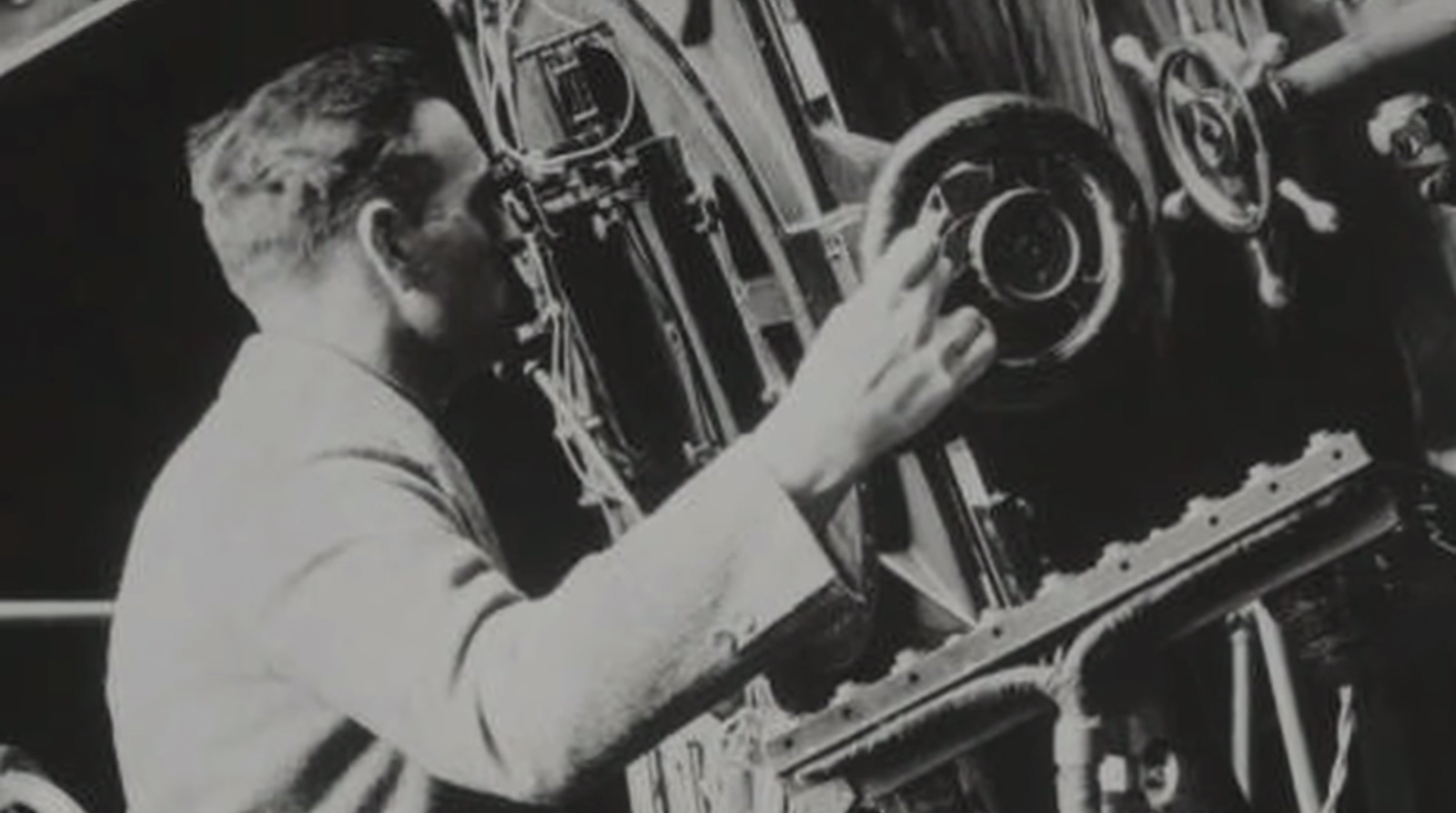Weather Round-up: October 2025
MILD, WET, OCTOBER, SECOND DULLEST OCTOBER ON RECORD Armagh Observatory, 7th November 2025: Armagh Observatory reports that October 2025 was warmer and wetter than average, and the dullest October at Armagh for 79 years. Total precipitation was 108.5 mm (4.27 inches) including 6 trace values, therefore 108.2 mm if trace Read more

